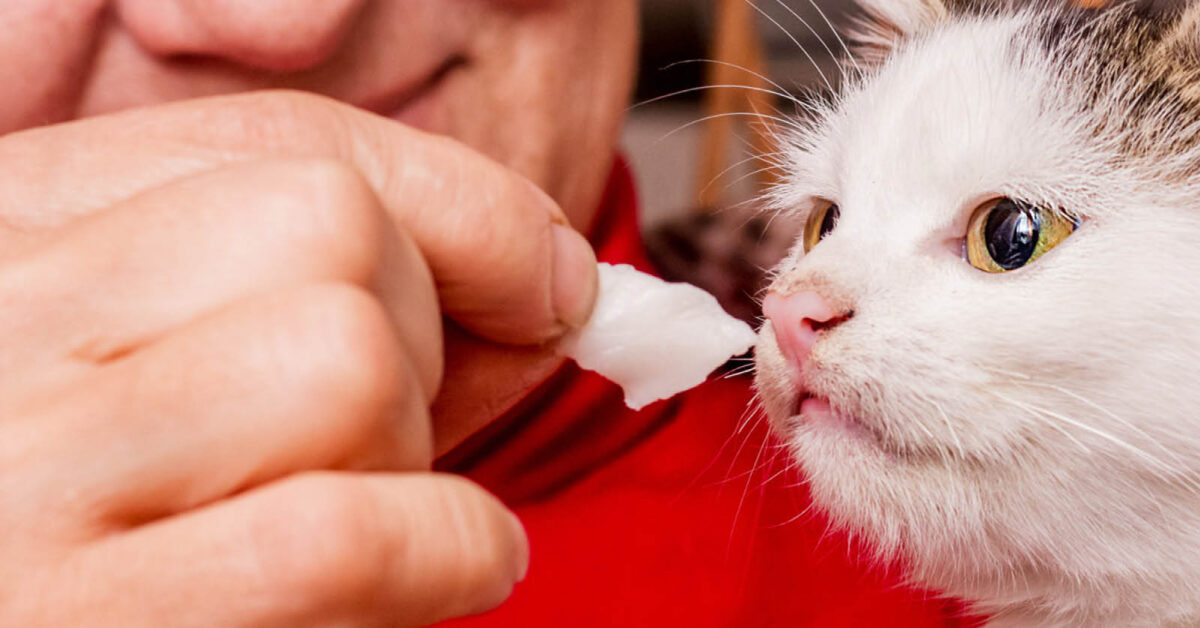
Keeping your Pet Healthy
September 2020Experts say seniors who interact with animals feel less depressed and isolated.Social isolation is becoming an increasingly common issue, with one in five Americans reporting they feel lonely. Seniors are especially vulnerable to these feelings, with nearly half saying they often feel lonely. A new survey by Home Instead, Inc. found regular interaction with animals can help to reduce feelings of isolation and loneliness in older adults.
“While we recognize that pet ownership isn’t for everyone, we find that interaction with pets, even on a small scale, can have a big impact on older adults,” said George Cestia, senior care expert and owner of the Home Instead Senior Care in Lake Charles, La.. “A simple act like petting a dog, holding a cat or watching a bird can bring so much joy to a senior who may be feeling lonely.”
Additional survey results found that nearly half of older pet owners cited stress relief, sense of purpose and exercise as leading benefits to owning a pet. Pets can also provide loving companionship for older adults who would prefer to age in place. In fact, 82 percent of senior animal owners surveyed said they would not consider moving to a senior living community without their pet.
These findings are no surprise to Steve Feldman, executive director of the Human Animal Bond Research Institute (HABRI), a nonprofit research and education organization. “There is a strong connection between heart health and pet ownership or interaction,” Feldman said. “Pet owners are more likely to get recommended levels of exercise, have lower blood pressure and experience reduced levels of stress. Pets have even been shown to aid in recovery after a heart attack.”
While there are many benefits to owning a pet later in life, Home Instead also found that even occasional interactions with pets prove to be beneficial for older adults. Survey results indicate that older adults achieve the same positive feelings when spending time with animals in other capacities, such as visiting with pets owned by family, friends or neighbors.
“This interaction is especially important, as it also provides the opportunity to socialize with other people, further reducing feelings of loneliness,” Cestia said. “Our goal is to keep seniors safe and happy in their own homes for as long as possible and many times that includes helping them with their own pet, taking them to dog parks or visiting pet-friendly businesses to gain that animal interaction they desire.”
Elisabeth Van Every, communications and outreach coordinator for Pet Partners, a nonprofit North American therapy animal organization agrees. “Research also shows animal interaction can help perceptions of pain and discomfort, and improve motivation for treatment protocols for diseases such as cancer by helping individuals feel more focused and positive moving forward. Even interactions for half an hour a week can make a difference.”
To help older adults determine what type of pet interaction is right for them, Home Instead Senior Care offers free information and tips to help seniors incorporate animals into their lives. To learn more, visit PetsandSeniors.com or contact the Lake Charles Home Instead Senior Care office at 337-480-0023.
Other ways seniors can connect with pets:
- Volunteer at a rescue organization or animal shelter. Volunteers experience the benefits of interacting with pets, and they can provide some care to an animal in need.
- Get to know your neighbors’ pets. Asking to join a neighbor for a walk might lead to new friendships.
- Connect with a therapy animal. Pet Partners therapy teams, made up of a pet owner and his or her registered animal, go into many locations where seniors live or receive treatment such as hospitals, hospice centers and care communities.
- Visit a pet store. Even just visiting with a pet can provide a boost, and pet stores are a good place to view and interact with animals.






